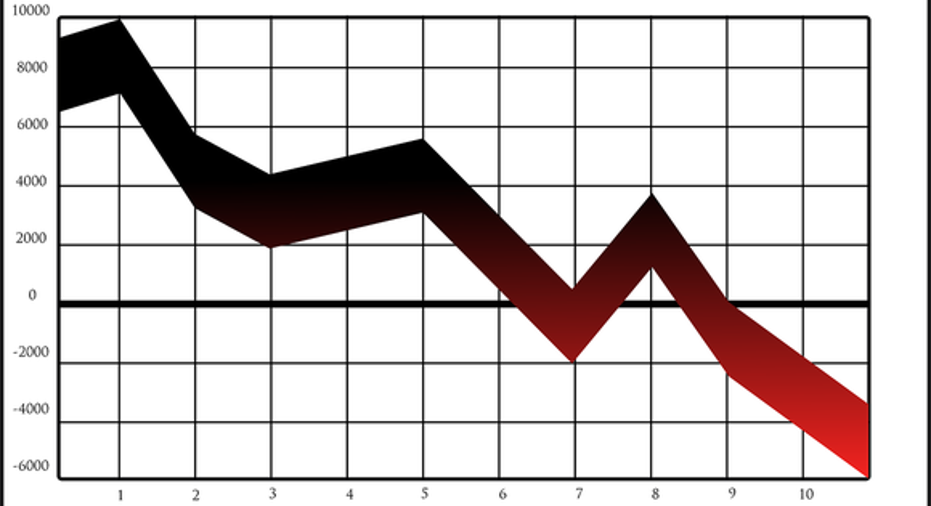What Would Social Security Private Accounts Look Like?

Image: Pixabay
Social Security needs to undergo some changes if it's to remain solvent in the decades ahead. In general, left-leaning politicians are interested in propping up and possibly expanding the program, while right-leaning ones are more likely to suggest reducing benefits -- or privatizing accounts. What would Social Security private accounts look like? Read on.
First, though, some context. According to several government estimates, Social Security funds are likely to become insolvent in the 2030s if no changes are made. If that happens, it won't mean that there's no more money for benefits -- but it will mean that the program is no longer taking in enough money to cover all promised benefits. Thus, payment checks are likely to end up shrinking by about 25%, according to the Social Security Administration.
The private account concept and what's good about itThe private account concept involves supplementing or replacing Social Security with private investment accounts for each worker. Whereas before it was the government's responsibility to take in enough money and invest it effectively enough to fund retirement benefit obligations into the future, the responsibility will be shifted to a great degree onto the workers.
What is so appealing about private accounts? Well, proponents argue that account owners will have more control over their future income streams as they'll be able to direct how money in the accounts will be invested. (For example, there might be an assortment of mutual funds to choose from.) They'll be able to invest some or much of their funds in the stock market, which tends to grow more briskly than bonds or other alternatives, so they'll be able to amass money more quickly than the Social Security program, as it invests chiefly in super-safe, slow-growing securities guaranteed by the U.S. government.
One downside to private accounts is that they can be hurt by market crashes. Image: Pixabay
Downsides to private accountsOf course, it's not quite as simple and wonderful as that. The stock market does grow faster than most alternatives over long periods, but it's not guaranteed that it will do so over the period during which a given taxpayer has a private account. Even if it does advance well, it won't be in a straight line, and people tend to panic and sell out of stocks when the market falters. That can significantly hurt long-run results.
Even for those who stay the course, there can be significant problems. That's because of those stock market corrections and crashes. Imagine having much of your private account invested in stocks and then just before retirement, the market drops by 37% (as the S&P 500 did in 2008) and stays depressed for a few years. That can really hurt your financial health. The current Social Security program delivers checks regularly, as promised, no matter whether the country's economy is in a boom or bust phase. Private accounts would replace guaranteed income with variable income -- and that won't help many retirees sleep well at night.
Cynics note that Wall Street has been in favor of privatization and that privatization would probably greatly benefit Wall Street, driving more business its way and enabling it to charge more customers fees. Other critics worry that those who benefit the most from private accounts will be people who are financially savvy and effective managers of their money as well as those who earn higher incomes, as they'll likely be able to invest more in the accounts. Left behind could be the masses earning lower incomes and those who don't have a good understanding of investing and its various concepts, such as the risk-and-reward trade-off.
There's a good chance that Social Security won't be fully or significantly privatized -- because it's valued very highly by many Americans. If it is, though, the American retirement landscape could change a lot.
The article What Would Social Security Private Accounts Look Like? originally appeared on Fool.com.
Longtime Fool specialistSelena Maranjian, whom you can follow on Twitter, owns no shares of any company mentioned in this article.Try any of our Foolish newsletter services free for 30 days. We Fools may not all hold the same opinions, but we all believe that considering a diverse range of insights makes us better investors. The Motley Fool has a disclosure policy.
Copyright 1995 - 2016 The Motley Fool, LLC. All rights reserved. The Motley Fool has a disclosure policy.



















